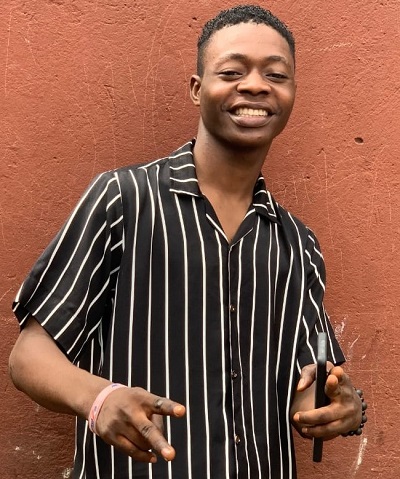LIFE HISTORY MAPPING
A review into the life history of children between the age of 14 and 20 was taken and labelled from case 1 to 10. They live in Makoko, a slum in Lagos State. They are educated to secondary school level and hope to improve on their various skills acquired over the years.
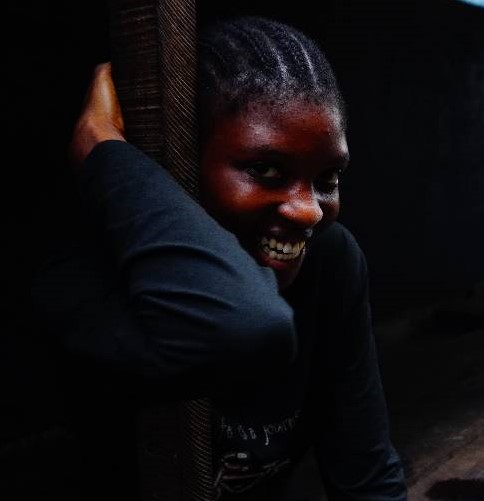
Case 1: Oluwaseun Idowu, Female, 19
Seun is a 19-year-old girl, currently graduated from high school. She lives in Makoko with her parents and siblings. She helps her parents with household chores and does odd jobs to contribute to the purchase of foodstuffs in the house. She loves singing, reading novels, and acting. Seun aspires to be a make up artist but her ability to improve on the skills is limited in her community, with no make up learning centres. Although, she has a phone but her experience with internet is minimal. She only uses the internet to browse and download videos related to makeup tutorials.
She envisions a Makoko with enabling environment for proper education, both formal and informal so as to increase the standards of the children of the community.
Case 2: Charles Usa, Male, 17
Charles is a 17-year-old in S.S.S.2, a Lagos state indigene but his mom is from Benin Republic. He speaks English, Yoruba, Egun and a little French. He was born and live in Makoko with his parents and 6 siblings. He loves reading and learning how to code.
Charles helps his mom at her shop, selling plastics and also fish. In addition to this, he has his business as a graphic artist, which he learnt on the internet. He also works on a commission for a mobile phone sales shop.
Charles wants to be a fashion designer and a social reformer and hopes for a Makoko community where the young and the old understand the power of education and a more aware and enlightened community.
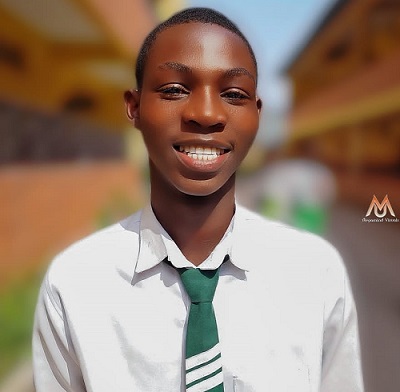
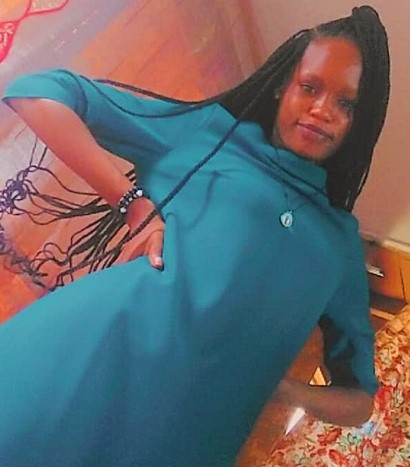
Case 3: Veronica Tanpinu, Female, 18
Veronica is an 18-year-old, recently finished high school and awaiting admission to university. She lives in Makoko with her parents and helps her mom with her grinding business. She speaks English, Egun and Yoruba. She enjoys listening to music, reading and playing games. Veronica believes that the internet is a useful and powerful tool which she uses for different tasks including coding. During the COVID-19 lockdown, it helped her connect to some classes in order to keep up with her education.
Veronica hopes that someday the people in Makoko will lose their low self esteem and see themselves as worthy as every other person outside the community.
Case 4: Hubert Hunye, Male, 20
Hubert is an SSCE holder who speaks English, Yoruba, Egun and a bit of French. He lives in Makoko with his parents and assists them with their fish businesses, especially to interact with their learned customers. He loves singing and acting. He is also into mixology, photography and videography. Hubert has a very high experience with internet, infact he feels alive whenever he is connected to the internet.
He hopes to see a Makoko that is totally crime-free, with every child given access to free and quality education, free and affordable internet services, good health care facilities. He envisions a clean and serene community with well-structured housing units.
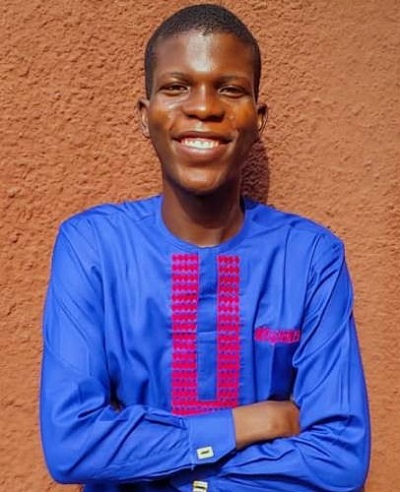
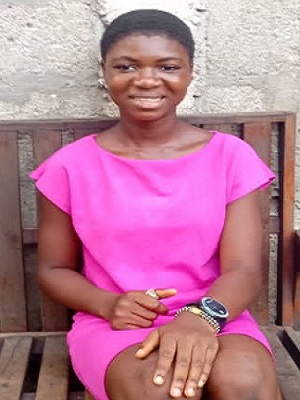
Case 5: Motunrayo Idowu, Female, 14
Motunrayo, an indigene of Ogun state, is a 14-year-old and in J.S.S.3. She speaks English, Yoruba, Egun and French. She lives in a one-bedroom apartment in Makoko with her parents and 5 siblings. She loves coding, drawing and reading.
She helps her mom sells fish after school while she continues her coding lessons online.
Motunrayo envisaged a Makoko community that empowers youth, has good basic amenities, good waste management practices, good schools and good roads.
Case 6: Happiness Idowu, Male, 19
Happiness is a 19-year-old from Ogun state. He just wrote the West African Senior School Council Examination and awaiting result. He was born in Makoko and live in the community with his parents and siblings.
Happiness loves playing football as a hobby and as a career. He looks forward to playing the sport professionally and the highest level.
He hopes for a Makoko community with affordable and accessible football pitch and playground for young people to showcase their talents
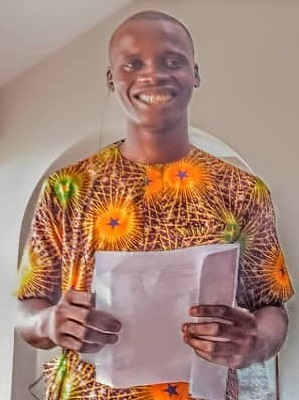
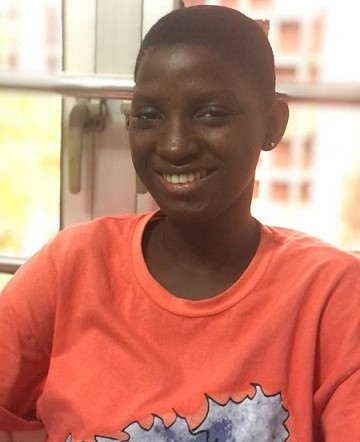
Case 7: Margaret Okpoe, Female, 17
Margaret is a 17-year-old in S.S.S. 2. She is from Ogun State and lives in Makoko community with her parents and siblings. She loves reading and hopes to further her education to the university level.
She hopes for a Makoko community with freedom of speech and expression, where the young people’s voices are not stifled. She hopes for a community with library or a quiet place where she can go to read after school and on holidays.
Case 8: Abdulmalik Oseni, Male, 17
Malik is a 17-year-old, SSCE holder living in Makoko with his grandparents. He speaks English and Yoruba. He loves drawing, graphic designing, coding and reading. He uses the internet to code but he believes that his use of internet has become so expensive and consuming in terms of subscription.
He envisions a Makoko community that is mega, sustainable, eco-friendly and technology driven.
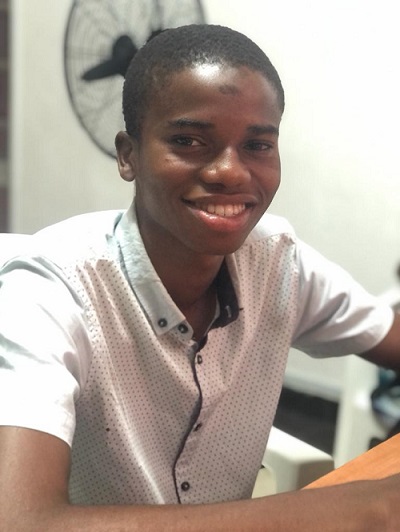
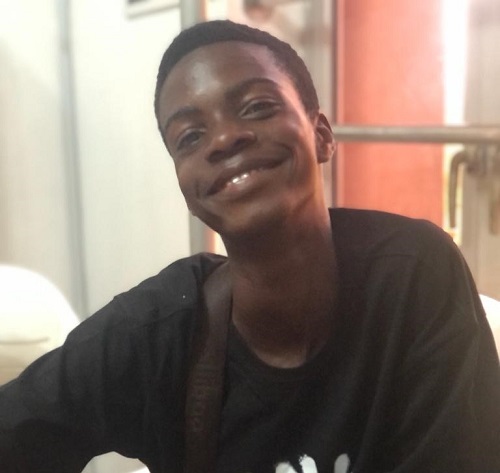
Case 9: Robert Kannou, Male, 17
Robert is a 17-year-old in S.S.S. 2. He lives in Makoko with his parents and his siblings. Robert is passionate and has a background knowledge on trading of cryptocurrencies. He helps his mom, after school, in her shop and also browse the internet to learn more on graphic designs and NFTs and ways to become successful from it.
He hopes for a community with good internet connection, good infrastructure, good water supply and access to mentorship.
Case 10: Samuel Lokosu, Male, 18
Samuel is from a polygamous family, has been living in Makoko with his parents, his step mother, siblings and half-siblings. He is 18 years old, interning at the Slums to School NGO as he awaits admission to the university. He is also into animation and graphic designs at a professional level. Samuel loves reading and learning and hopes to further his education to the highest level.
Samuel hopes for a Makoko community that is devoid of teenage marriage and teenage pregnancy. He hopes for a Makoko where the youth have passion for education and access to mentorship and spaces for after-school learning
